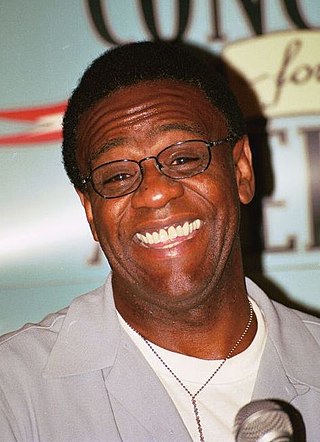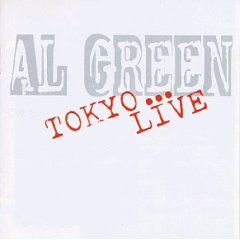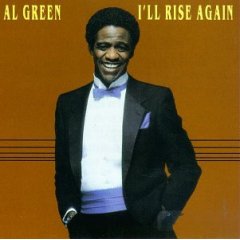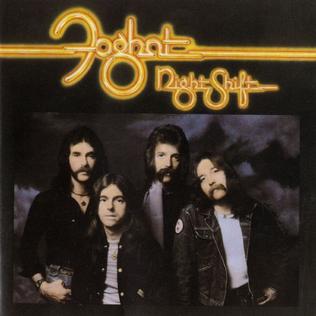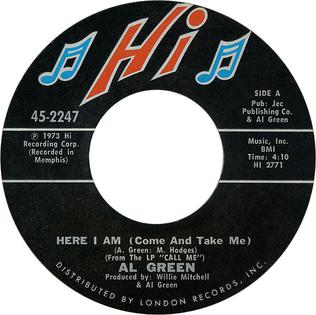Noteworthy cover versions
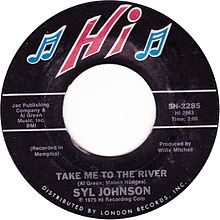
The record company, Hi Records, did not release Green's track as a single, but instead passed the song to his labelmate, Syl Johnson. [2] Johnson's recording of the song, also produced by Willie Mitchell and featuring most of the same musicians as on Green's version, but with additional harmonica and a grittier vocal performance, [6] reached #48 on the US Billboard Hot 100 in 1975, and #7 on the U.S. Billboard R&B chart, [17] [18] but reached just #95 in Canada. [19]
"Take Me to the River" has also been notably recorded and performed by other artists:
- Rock band Foghat recorded the song for their 1976 album Night Shift . [6]
- In 1978, Levon Helm and Bryan Ferry re-recorded it separately for their own solo albums. [6]
- The Grateful Dead performed the song live four times during the 1995 tour, the first time on April first, at the Pyramid in Memphis (home of Rev Al Green, writer of this song). [20] [21]
- Annie Lennox included the song on her 1995 album of cover versions, Medusa .
- Hootie & the Blowfish and a gospel choir backed Green live at the sixth annual Billboard Music Awards (1995). [22]
- The Dave Matthews Band performed the song live at Chicago's Soldier Field football stadium during the 1999 winter acoustic tour. [23]
- Bruce Springsteen and the E Street Band performed the song alongside several other songs as part of the 20-minute live performance of "Tenth Avenue Freeze-Out" at the 1999 Detroit concert during the 1999–2000 Reunion Tour. [24] [25]
- In 2014, Mavis Staples and Sam Moore performed the song with a gospel choir at the 37th Kennedy Center Honors, where Green was an honoree recipient. [26]
- Courtney Love recorded the song for the Empire episode, "Out, Damned Spot" (2015). [27] [28]
- In 2024, Lorde released a cover of the song as a single for the Talking Heads tribute album Everyone's Getting Involved: A Tribute to Talking Heads' Stop Making Sense . [29]
Talking Heads version
| "Take Me to the River" | ||||
|---|---|---|---|---|
 | ||||
| Single by Talking Heads | ||||
| from the album More Songs About Buildings and Food | ||||
| B-side | "Thank You for Sending Me an Angel" | |||
| Released | June 30, 1978 | |||
| Genre | ||||
| Length | 5:01 | |||
| Label | Sire | |||
| Songwriter(s) |
| |||
| Producer(s) |
| |||
| Talking Heads singles chronology | ||||
| ||||
| Music video | ||||
| "Take Me to the River" (2005 Remaster) on YouTube | ||||
The band Talking Heads recorded the song for their second album More Songs About Buildings and Food (1978). [2] Their version, recorded with co-producer Brian Eno in Nassau, Bahamas, was initially resisted by Byrne who felt the band should not release a cover. Eventually convinced, Eno suggested that they play the song as slow as possible, before adding his own effects to it. [2] The song was edited and released as a single, and reached #26 on the US Billboard Hot 100 in February 1979, [6] [17] [31] as well as hitting the singles charts in Canada, Australia, and New Zealand. [2] Thomas Ryan wrote of Talking Heads' version that it "broadsided the status quo by combining the best ingredients of conventional pop music and classic soul music, stirring them together, and then presenting the mix in the guise of punk rock." [32]
In the liner notes for Once in a Lifetime: The Best of Talking Heads , singer David Byrne writes: "Coincidence or conspiracy? There were at least four cover versions of this song out at the same time: Foghat, Bryan Ferry, Levon Helm, and us. More money for Mr Green's full gospel tabernacle church, I suppose. A song that combines teenage lust with baptism. Not equates, you understand, but throws them in the same stew, at least. A potent blend. All praise the mighty spurtin' Jesus." Live versions were included on Talking Heads' albums The Name of This Band Is Talking Heads and Stop Making Sense . [6] [2] A live version was played at the end credits of the 1998 film A Civil Action .
The track was remastered when Warner Music Group re-released and remastered the album in 2005, on its Warner Bros., Sire and Rhino Records labels in DualDisc format. The DVD-Audio side includes both stereo and 5.1 surround high resolution (96 kHz/24bit) mixes. The reissue was produced by Andy Zax with Talking Heads.
Charts
| Chart (1978–1979) | Peak position |
|---|---|
| Australian Singles Chart [33] | 58 |
| Canadian Singles Chart [34] | 34 |
| New Zealand Singles Chart [35] | 20 |
| US Billboard Hot 100 [36] | 26 |
